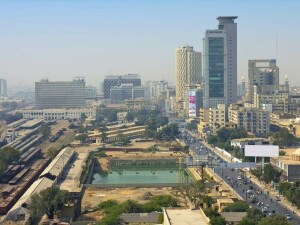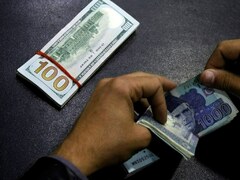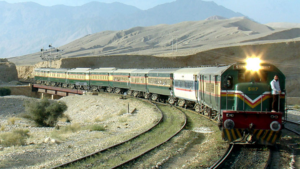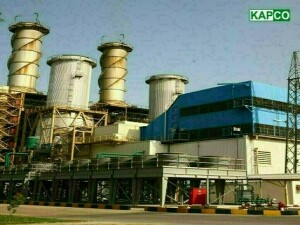It is a pity that our economic managers, at times, are too slow to recognise the gravity of a situation and then decide to react in a knee-jerk fashion. In the recent past, the prices of kitchen items have been rising sharply, pushing up the inflation rate to more than double the rate targeted at the beginning of the year, but the government seemed to be least bothered and continued repeating the mantra of high growth rates, buoyant shares market and abundant foreign exchange reserves. When somebody reminded the authorities about the severe impact of inflation on the lives of ordinary people, the standard response was that it was a by-product of higher growth rates and the temporary gap between supply and demand would soon be bridged.
In the meantime, the poor and the unemployed continued to suffer heavily and the incidents of suicides and killing of children out of desperation became more common. Taking note of the situation, the State Bank changed its monetary stance by increasing the discount rate and T-bill yields but it was a belated action.
Besides, tightening of monetary policy takes time to have an impact on prices. The latest consolation on offer was the arrival of the bumper wheat crop in a few weeks' time which, according to the economic managers, was expected to ease inflationary pressures and fill the empty stomachs.
Some God-fearing authority at the top must have invoked the mercy of policy makers to change the course by taking some immediate measures to at least save the poor from starvation and provide some relief to the ordinary people. Or, maybe, the economic managers themselves at last realised that enough was enough. Anyhow, in a surprise move, the government has now allowed duty-free import of five essential food items, ie meat/live animals, potatoes, tomatoes, onions and garlic through land routes from all the regional markets.
However, for all practical purposes, the decision would benefit India, and to some extent China, as there is no possibility of importing such items from Iran and Afghanistan. No quantitative limit has been imposed on imports, which are to take place through the private sector. It means that the traditional Lahore-Amritsar market through the Wagah border is going to be vibrant once again.
The government, as usual, would subject these imports to necessary quarantine requirements. The import of live animals would particularly go through proper certification procedures as foot and mouth disease is quite common in India.
Explaining the decision, Salman Shah, advisor to the Prime Minister on Finance reiterated that the government wanted to establish a system where the markets were competitive, dynamic and deregulated, to ensure price stability of all essential items.
According to him, the Prime Minister had also directed the CBR and Monopoly Control Authority (MCA) to investigate the complaints regarding existence of sugar cartel that had resulted in high sugar prices despite adequate availability of stocks.
The decision to import kitchen items from neighbouring countries has obviously been taken to augment supplies and to reduce/stabilise their prices in the domestic market. However, such a measure would entail a cost. Trade deficit would widen further and relative prices, both in Pakistan and the neighbouring countries, would change which would have an impact on the use of factors of production in various areas of economic activity. If these commodities are imported in bulk and for a longer period of time, their production in Pakistan will decline further.
Nonetheless, the relief to the ordinary people, particularly the poor, in terms of decline in prices would outweigh the cost of the decision. In fact, sharply rising food prices and its highly adverse impact on a vast majority of the population were crying for such a step. Ordinary labourers in urban areas and land-less tenants and Haris in rural areas would certainly benefit from the decision.
Notwithstanding the merits of the decision, this particular case calls for close introspection of the decision-making pattern and the attitude of our policy makers. Addicted to continuous propaganda highlighting their achievements, they do not give the needed importance to the emerging weaknesses, with the result that they are not prepared to fine-tune the economy in time.
When the problem becomes unbearable, they first try to look the other way and then react in panic at the eleventh hour. This is certainly not the ideal way to tackle the problem at hand.
As for the future, it is imperative that we put in place a reliable system of crop estimates at the earliest, calculate the aggregate demand properly and plan the imports in time after taking into account the stock position of various commodities so that speculators do not reap a windfall and consumers are not adversely affected due to avoidable shortages.
It would be an act of compassion if necessary steps are planned and implemented in a systematic manner to ensure that prices of basic necessities, particularly the foodstuff, do not go out of the reach of the common man. In the absence of such a mechanism, claims of the authorities of an economic turnaround would, to the ordinary people, sound hollow or an act of self-deception.
BR100
15,103
Increased By
140.9 (0.94%)
BR30
42,619
Increased By
540.8 (1.29%)
KSE100
148,196
Increased By
1704.8 (1.16%)
KSE30
45,271
Increased By
438.2 (0.98%)






















Comments
Comments are closed.